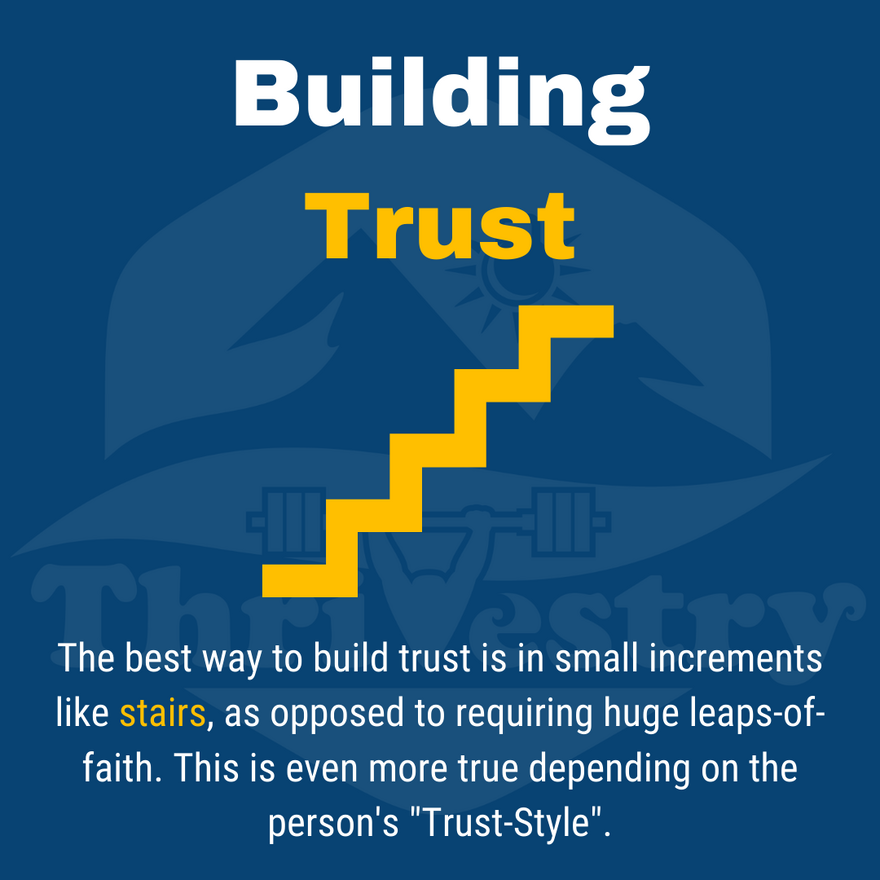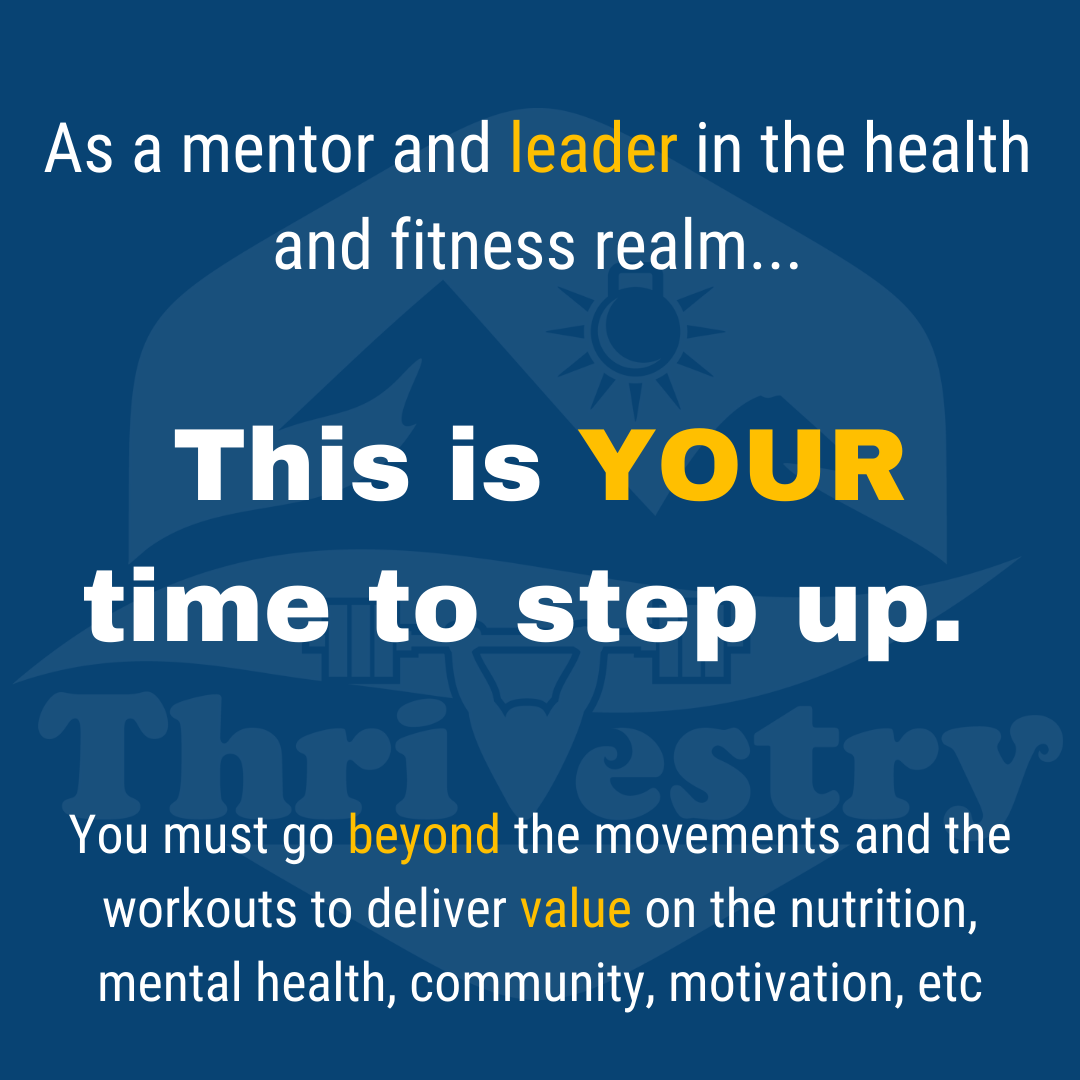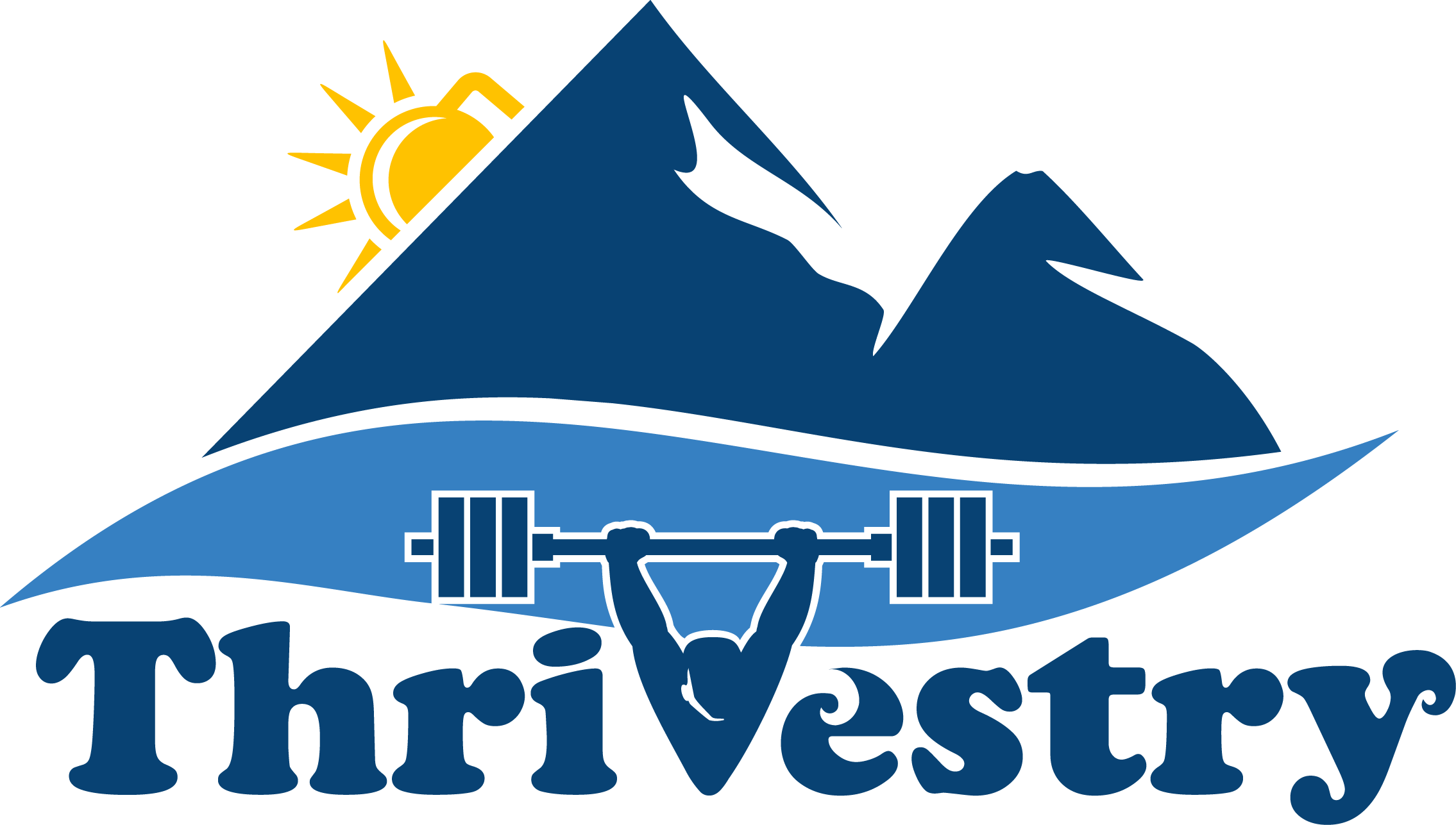Trust Ladder

One of the most important things we do with potential members and new members is build trust.
- When trust is established, people sign up faster, and are more likely to pay upfront.
- When trust is established, people are more likely to do what you tell them (and get better results).
- When trust is established, people are going to tell their friends to come and see you.
A critical first step to building trust is to not assume that others build trust as you do or that they understand the depth of your knowledge and experience.
Your Personal Trust-Style
If you are an ‘automatic-truster’, you are more likely to take people at face value. You assume that most people are going to say what they are going to do, and then follow through.
If you are an ‘evidence-based-truster’, you are likely to be more cautious, and require ongoing, repeated evidence of predictability and trustworthiness.
Without being able to do homework on every potential member or new member, your best default is to treat everyone as if they are evidence-based.
The way to build trust in these relationships is like a ladder. Small, incremental, actions that demonstrate consistency and competency without requiring big leaps of faith by the other person.
Ultimately, building trust is about telling people what to expect, then delivering on that expectation, as consistently and frequently as possible. The more frequent and accurate, the better.
Small Step Examples (Good):
- “When you show up for your first visit, we’ll make sure we are ready for you, you know what to do, and you won’t be embarrassed.” (Then you deliver on your promises).
- “Even though this workout seemed simple and short, do not be surprised if you are super sore for the next few days, with the day after tomorrow being worse than tomorrow.” (When they notice this to be true, your trustworthiness will grow in their eyes).
- “Your body weight may not change much in the first couple months, but you will notice your clothes fitting differently. This is because you are probably building muscle while burning fat.” (By pointing this out to them, they will learn that they can trust your expertise as they find this applies to them).
Huge Leap-of-Faith Examples (Not-So-Good):
- (On a Website) “Sign up for a year upfront for $,$$$ and we’ll make sure you achieve all of your goals!” (How can they trust that you’ll deliver? How can you guarantee that without even knowing them and their goals?).
- “NO REFUNDS” (This requires that they believe 100% that you’ll be able to deliver the same or more value than you are charging).
- “If you change X, Y, and Z, about your diet, and COMPLETELY change your lifestyle and training, you’ll be able to achieve what you never dreamed of in 1-2 years.” (Drastically changing diet and lifestyle requires a lot of energy and discomfort. Asking someone to do this for an extended period takes a lot of trust).
Over time, the small steps add up to huge amounts of trust
You can use this trust to help them get better results because they will be more likely to follow your instructions with consistency (‘eat less sugar’, ‘make it to the gym 3-4 times per week’, ‘do your mobility work every day’, etc.).
The Trust Bank
Having large amounts of trust also pays off in unusual circumstances. It is like building a large bank account.
Making withdrawals from the trust bank:
- The coach did not show up for the 5 am class because of an emergency.
- The gym needs an influx of annual memberships to help finance an expansion.
- Raising rates for the first time.
- Closing the physical gym and taking things online, for an undetermined amount of time, because of… I don’t know… a pandemic or something…
In these unusual circumstances, having a large foundation of trust will prevent backlash and resentment (causing people to complain or quit).
Making withdrawals from this account too frequently will drain the account. By consistently delivering on your promises, you’ll make sure that the account is getting topped off regularly.
Every Interaction is an Opportunity to Build Trust
Every Class. Every conversation. Every email…
Are opportunities to say what you are going to do, or opportunities to deliver on what you promised.
Be clear in your communications and, to the best of your abilities, always try to under-promise and over-deliver.
Thrive on.
-jj
Jesus, Webcam Girls, Gyms, and the Oil Embargo of 1973

I assure you… the title is not clickbait. (Refill your coffee or adult beverage, this is a long one. It might be a good idea to bookmark it to review again in the future because understanding it can change your whole perspective on coaching and leadership… -jj)
There are some important lessons we can take from these things if we look at them through the lens of a single principle. A principle that most (if not all) successful coaches, gyms, mentors, and businesses follow (whether they know it…
Online Coaching and Customizing Existing Programming Comprehensive Guide

Below is a series of courses we developed for Thrivestry subscribers.
It was created a year-or-so back to be implemented with gyms that were in full operation.
In lieu of recent events, we have decided to release it free for everyone! (There was no way to buy it before).
Some of the content will not pertain to working with people remotely on short notice, but I do recommend you go through everything so you don’t miss any ‘gems’ that might help.
I also did not take a lot of time to thoroughly…

0 comments
Leave a comment